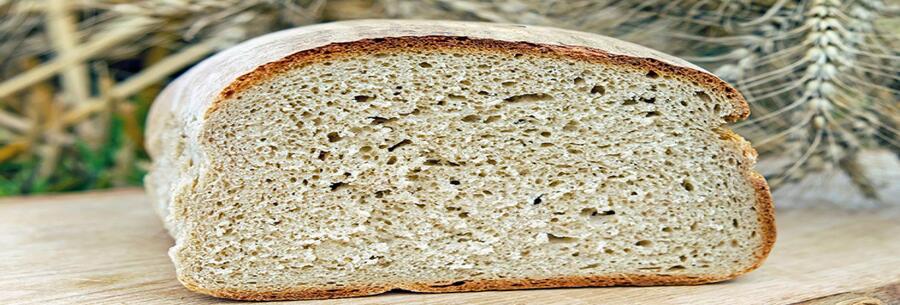The dietary rules during Lent vary from one Christian denomination to another, but they generally share a common principle of abstinence and fasting. These practices are intended to symbolise sacrifice and penitence, remembering the forty days Jesus spent in the desert before beginning his public ministry. Let's take a closer look at the dietary restrictions during Lent, based mainly on Catholic tradition.
Fasting and Abstinence:
During Lent, the Catholic faithful are required to fast on Ash Wednesday and Good Friday. Fasting involves refraining from eating a full meal, although small snacks are often permitted. Good Friday, in particular, is a day of abstinence from meat to commemorate the sacrifice of Jesus. On other days of the week, abstinence from meat is often recommended on Fridays, although some regions allow other forms of penance.
Types of Meat:
Red meat is generally that from which abstinence is prescribed during Lent. This includes beef, lamb and pork. However, the rules may vary. In some traditions, poultry is allowed, while others encourage total abstention from meat.
Seafood:
Seafood, on the other hand, is often allowed during Lent. Fish, shellfish and molluscs are generally considered acceptable alternatives to red meat. Some worshippers choose to follow a diet based on fish and seafood throughout Lent.
Eggs and Dairy Products:
Eggs and dairy products are generally permitted during Lent. However, some people choose to abstain from these products during Ash Wednesday and Good Friday, taking a stricter approach to fasting.
Vegetarian Meals:
During Lent, many worshippers opt for vegetarian or vegan meals, excluding meat and sometimes animal products. This reflects the emphasis on simplicity, deprivation and spiritual reflection.
It is important to note that dietary rules may vary according to local traditions and customs, as well as the specific guidelines of each church. Some faithful may choose to follow stricter rules, while others adopt a more flexible approach based on their health or other personal considerations.
At the end of the day, dietary restrictions during Lent are designed to remind the faithful of the values of sacrifice, moderation and renunciation, while inviting them to focus more on prayer, charity and spiritual reflection.




